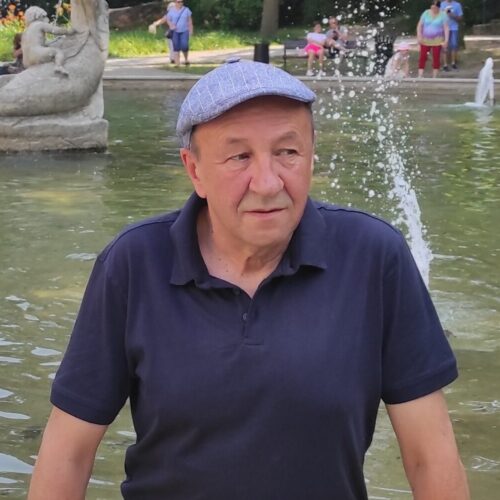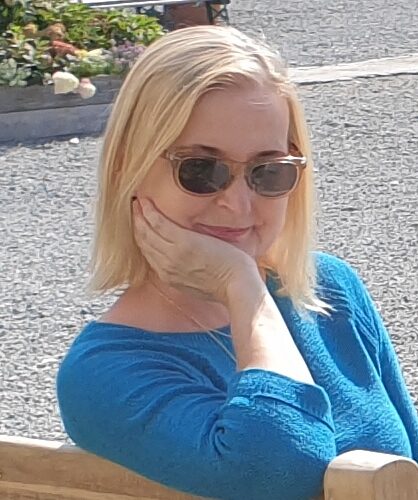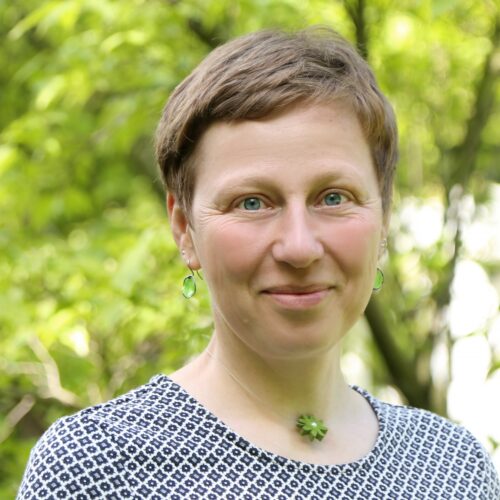
Program
Czwartek18.08.
Piątek19.08.
Sobota20.08.
Niedziela
Neighbour or enemy?
Poles and Germans
through each other’s eyes
Poland and Germany have led one of the most exemplary reconciliation processes in the world. From the memorable phrase ‘we forgive and ask forgiveness’ from the letter of the Polish bishops to the German bishops and the meeting between Helmut Kohl and Tadeusz Mazowiecki in Krzyżowa, through support for German reunification, to joint scientific, educational and cultural programmes, to the establishment of historical institutes in Berlin and Warsaw and an unprecedented number of literary translations into Polish and German. More than half a century ago, the Joint Polish-German Textbook Committee for Historians and Geographers was also established under the auspices of UNESCO. After decades of consultations and agreements, a history textbook was in the making for twelve years - the second history textbook in the world edited taking into account two perspectives after the Franco-German one. The symbolic four volumes were written with the awareness that there was no alternative: either we build a future together, or that future will simply not exist. All these initiatives offered hope for dialogue and mutual understanding without simultaneously justifying wrongs. This kind of agreement has proved as fragile as the ice on the Oder during the increasingly warm winters. Politicians on both sides ensured that acts of resentment and aggressive narrative were institutionally condoned. First, the claims of the Federation of Expellees and then, the insistence on reparations for war damage led to the strengthening of mutual resentment. And although it was possible to heal the wounds of a large part of the representatives of the older generation, who still remember the war, for many young people the confrontation with the German neighbour became a way of venting their aggression and finding a figure which history calls a scapegoat. In this situation it is worth asking ourselves whether a dialogical negotiation of memory between Poland and Germany is still possible at all? Is it possible to abandon simplistic national myths and base relations with neighbours on mutual listening and the conviction that the truth of one is not necessarily compatible with the truth of the other? These questions will resonate particularly strongly in Sopot, halfway between the cultural landscape of the former German Danzig and Polish Gdynia. In this architectural diversity, between the sloping roofs and brick facades of Gdańsk and the flat coverings of Gdynia's modernist buildings, a symbolic mirror of memory can be set up. One glance is enough to see that the polyphony of architecture is a symbolic evidence of the polyphony of memory. This coexistence is possible, it is just worth accepting it. Dr Susann Worschech from the European University Viadrina in Frankfurt (Oder), Prof. Kornelia Ćwiklak, a literary scholar from the Faculty of Fine Arts and Pedagogy at the Adam Mickiewicz University in Poznań, and Prof. Robert Traba, a historian and professor at the Institute of Political Studies of the Polish Academy of Sciences, will speak about the Polish-German neighbourhood.







